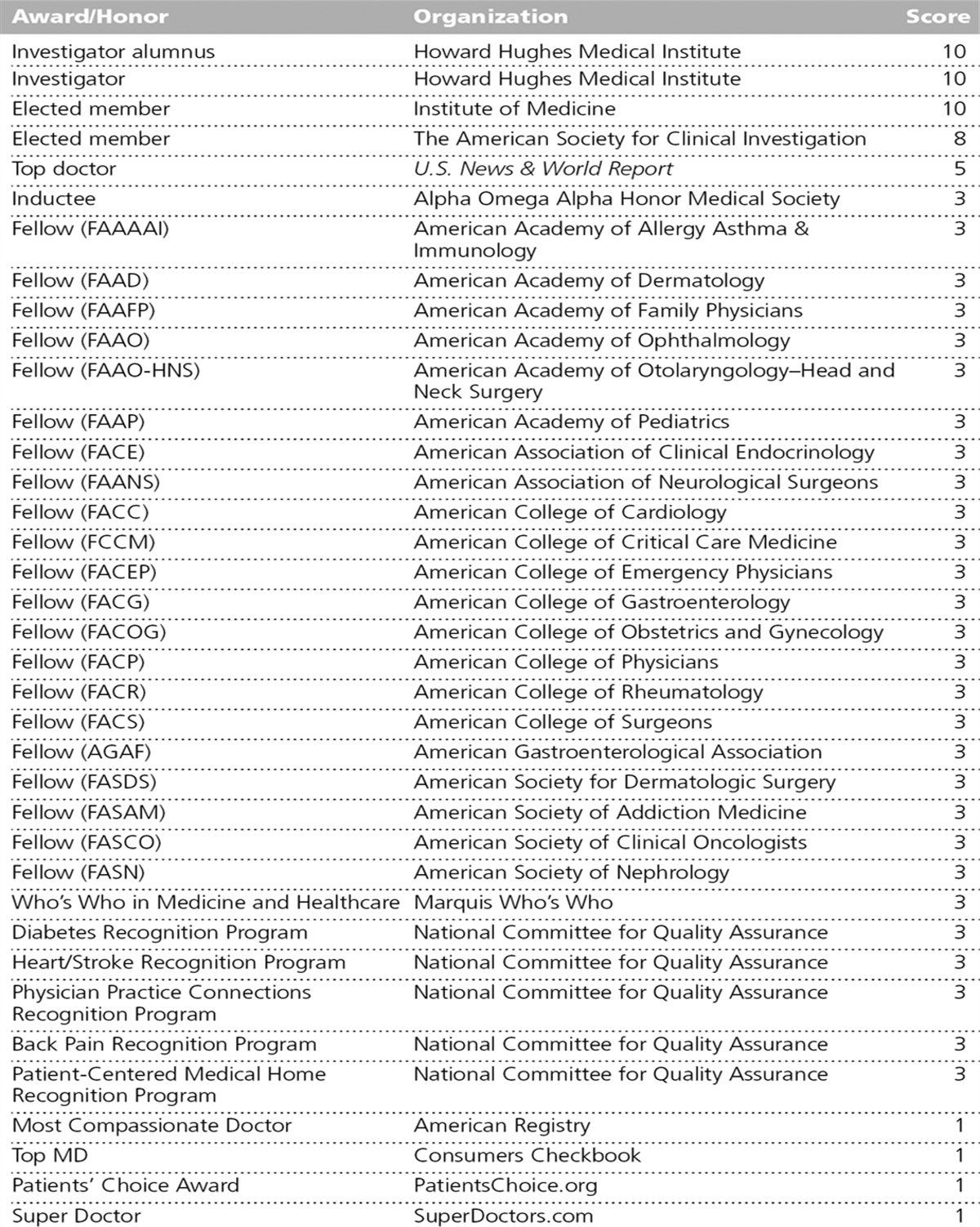Hi folks, I've been fortunate to gain acceptance to several MD schools and am waiting to hear back from others. As I begin to evaluate school options, I've found myself perusing residency match lists -- a common pastime among premeds. I realize that I am not 100% sure how best to evaluate the lists. I've heard some people say that you should look for a residency of interest and qualitatively evaluate the prestige of the programs where students place. Others say to look at percents of students in a class placing into a given residency. Others say to avoid looking at competitive residencies altogether and instead evaluate IM residency placement, as these are more constant and less affected by class-specific idiosyncrasies.
For the record, I do not know what area of medicine I'd like to pursue. However, in the event that I wind up wanting to try to pursue a competitive residency (e.g. derm) it seems to make sense that I weigh the residency match history of the schools where I've been accepted. Any advice on how best to do that?
For the record, I do not know what area of medicine I'd like to pursue. However, in the event that I wind up wanting to try to pursue a competitive residency (e.g. derm) it seems to make sense that I weigh the residency match history of the schools where I've been accepted. Any advice on how best to do that?


